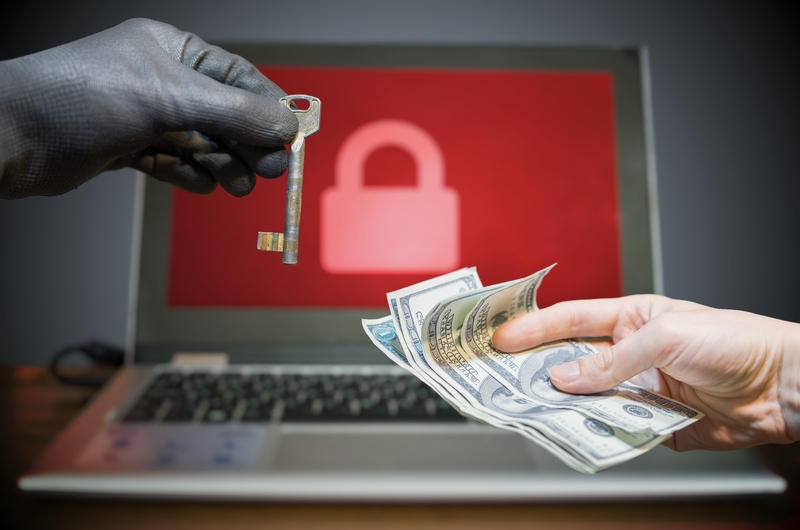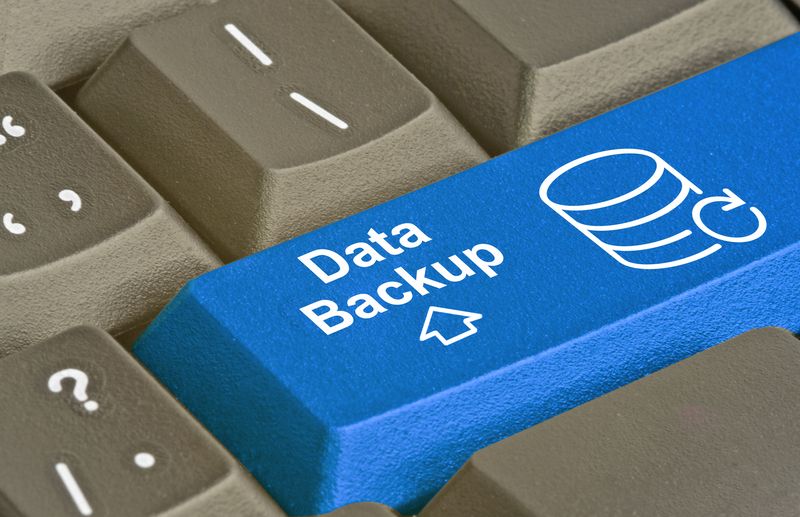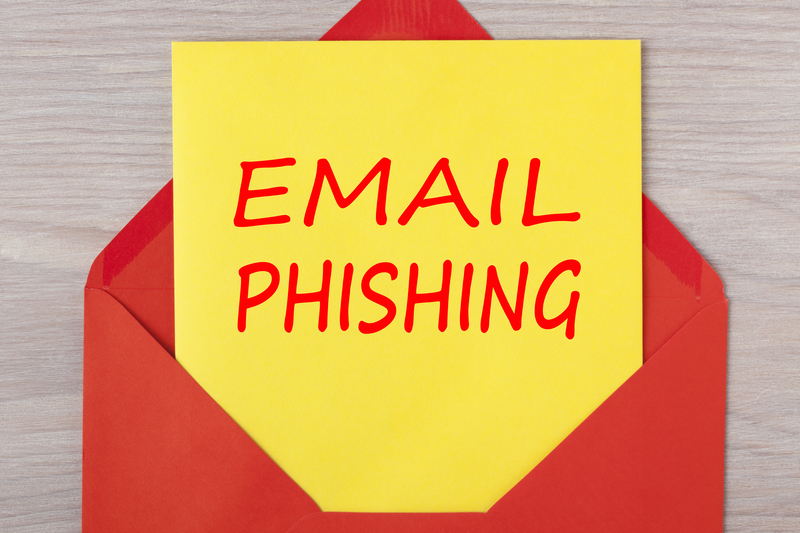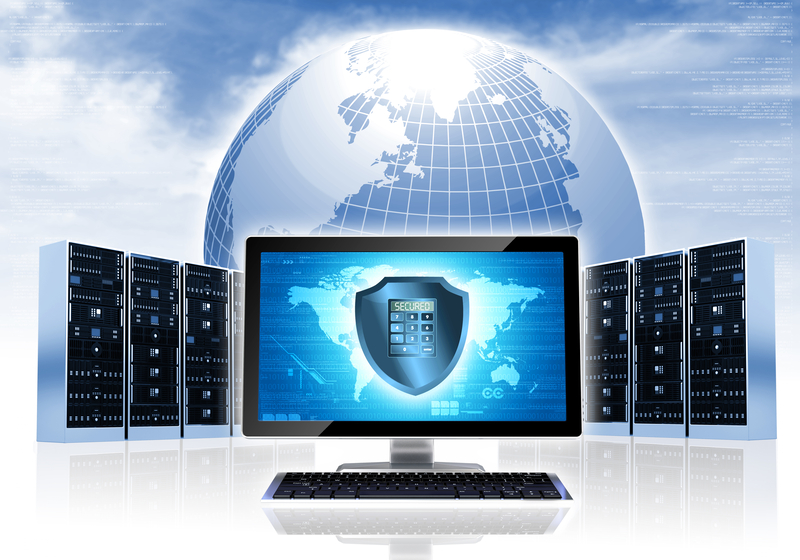
A Useful Guide – What Are Ransomware Attacks and How To Prevent Them?
If you are an Internet user, then you will have likely encountered a virus at least once or twice.
A thankfully uncommon (although very dangerous) form of digital virus is ransomware. The reason that ransomware attacks are uncommon is that most antivirus software available today is very good at repelling it. Additionally, it’s seldom regular internet users that are targeted by ransomware attacks anymore. More often than not, it’s businesses and private individuals with large net worths that are attacked.
This article will also interest you: Exchange hacking: Security experts worried about ransomware
In order to effectively deal with a ransomware attack if one ever comes your way, you need to learn about them. This page will help you with that.
What Is Ransomware?
The first step in learning how to protect yourself against ransomware attacks is taking the time to learn what ransomware attacks actually are. According to the digital security experts from https://www.gasystems.com.au/blog/what-is-ransomware/, ransomware is a virus that’s utilized by cybercriminals to seize an individual or organisation’s data. Once this data has been taken, the hackers that have taken it then ransom it back to the individual or organisation, for a large amount of money.
Many years ago, ransomware attacks were very common. Ordinary working people would get them, and then be unable to use their devices until either the ransom was paid or a computer specialist was able to regain control of the device. Most experts advise against paying the ransom, because they may attempt to target you again. If they know that they can get money out of you, then they will try again.
If you have been targeted by a ransomware attack and can’t afford to pay for a specialist to remove it (nor can you afford to pay the cybercriminals who have locked your device), then the only other option is to restart your device and lose all of your data.
Preventing Attacks
As the previous point has shown, there aren’t that many options for recovering your device after a ransomware attack has taken place. Prevention is always better than cure. Here’s how you can protect yourself against attacks:
Paying Ransom

If your device does get seized, then it’s a very bad idea to pay the ransom. As mentioned once already, hackers are more likely to target you again in the future if you pay them. Even if they don’t target you again, you will have paid your hard-earned money to cybercriminals, who will then target more people in the future. Paying anybody that’s blackmailing you is always a bad idea, regardless of the data that has been seized, stolen, or frozen.
Regular Back-ups

If you want to protect yourself against ransomware attacks, then it’s a very good idea to perform regular back-ups on your device and to use Cloud software. If you have been targeted by ransomware, then you do have the option to restart your device and restore it to an earlier backup. If you regularly back up your device, then restoring it won’t be an issue. Restoring your device is only a problem if you don’t perform back-ups because you will lose your data. It’s also a good idea to use Cloud software because Cloud software gives you the opportunity to store your data on third-party servers, which can’t be hijacked.
Phishing Emails

Phishing emails often come before ransomware attacks do. These emails are sent out to people so that hackers can collect information about people. The information that hackers collect in these phishing emails often helps them to decide whether or not it’s a good idea to target somebody with ransomware. In addition to sending out phishing emails, hackers send out phishing text messages. These sorts of text messages have become extremely common; most people receive them. If you receive any unsolicited text messages asking for your personal information, then it’s a good idea to ignore them. The same is also true if you receive messages asking you to log in to an account, using a unique link. You can download email content scanners, which can scan your email and will notify you whether an email’s genuine or not.
Antivirus Software

Lastly, make sure that you download antivirus software. A good piece of antivirus software will protect you from ransomware, malware, and other forms of viruses and hacking attempts. Make sure that the software you use also comes with a good firewall. You always need to have a firewall activated on your device. It’s very easy for hackers to get into your device if you don’t have one.
Ransomware attacks can be devastating. If you haven’t backed your data up and can’t afford to pay the cybercriminals, then you could lose your precious data. Make sure that you implement safeguarding measures, so that if you are attacked, you have a way out, like back-ups for example.
Now access an unlimited number of passwords!
